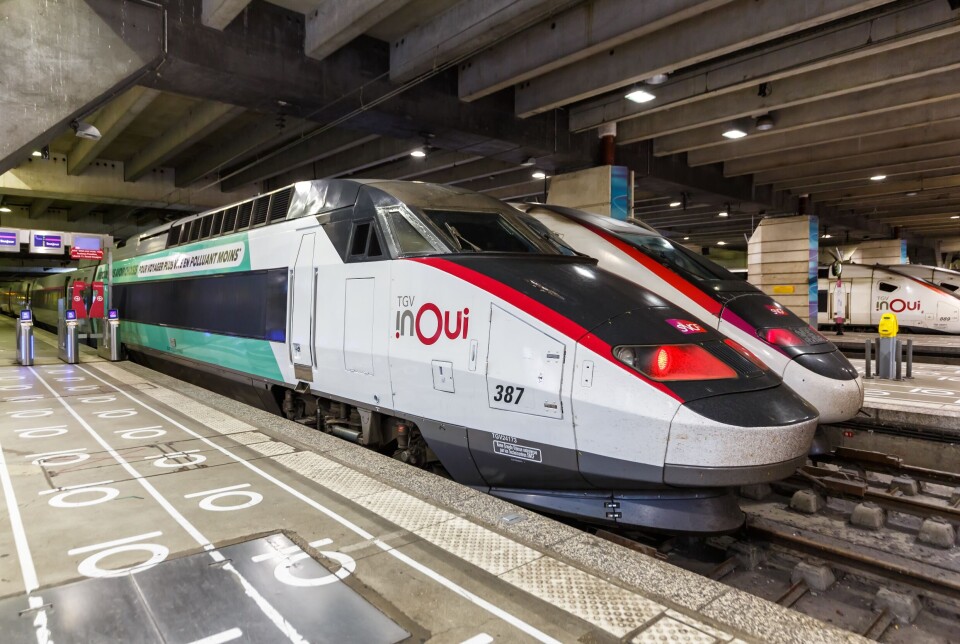French TGVs: 15 minutes to sit down or seat reallocated
Passengers will need to confirm ticket with conductor or risk losing seat
You should not go straight to the bar for a coffee before having your reservation confirmed by the conductor
Markus Mainka / Shutterstock
Passengers on some trains in France now have 15 minutes to settle into their reserved seat after boarding or they risk having to give it up to somebody else.
The rule has been added as an update to the terms and conditions for travelling with the French rail operator SNCF, stemming from European Regulations issued in 2021.
“Failure to claim a reserved seat within 15 minutes of the train's departure from the station indicated on the ticket may result in the loss of the reserved seat and, more generally, of any seat,” state the new conditions.
It will apply on high-speed TGV services (InOui and OuiGo) as well as Intercités trains, but not regional TER trains, which do not have seat allocation.
However, the SNCF said such a policy has always been used ‘in practice’ and is rarely invoked.
“The practice has always been the same... conductors are accustomed to replacing passengers without a seat in a seat that is not occupied,” an SNCF spokesperson said when questioned by consumer rights group UFC Que Choisir.
“There are no new instructions given to conductors, and the inclusion of this practice in the terms and conditions is for information purposes only.”
The change follows a number of new rules for travellers on the French rail network, including new baggage limits.
Read more: New French train luggage rules: Do SNCF staff get bonus for fines given?
When is the rule used?
The rule applies in cases where a passenger does not sit down in their seat within 15 minutes of boarding a train, and has not had their ticket seen by a conductor.
This may happen, for example, if a passenger decides to immediately go to the café bar or to take a phone call in the corridor, instead of sitting down and waiting for the conductor to pass.
If the conductor believes the seat to be free, it can be allocated to a person who has boarded a train without a reservation, for example if their service was cancelled or they missed their connection due to a delay.
“Instead of making them travel standing up or on folding seats, the idea is to be able to find them a seat,” the SNCF said.
The aim is not to “take customers by surprise, but to find solutions in exceptional situations,” it added.
“If, in the end, the passenger [who has not occupied his seat within the allotted time] shows up, the conductor will find a solution.”
Read more: French regional trains suffer unreasonable delays, says consumer group



























